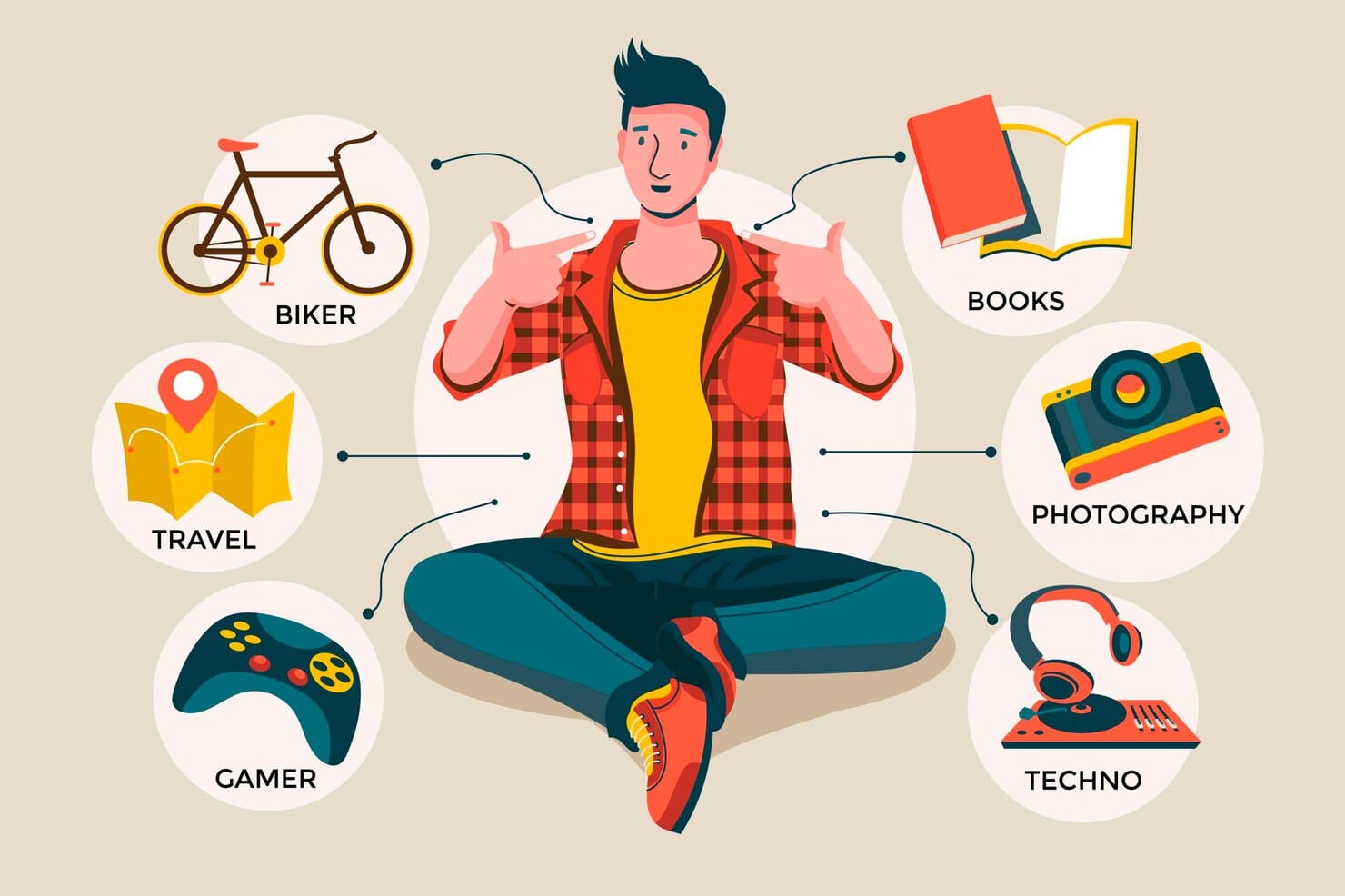
How Hobbies Can Boost Your Skills as a QA Engineer
One of the most prominent topics in the IT world, and in modern professional life in general, is the question of work-life balance. Are work and personal time really opposites, or is there room for them to strengthen and learn from each other?
Hello, I’m Stefan, a Software QA Engineer with over four years of experience, and I’ve discovered that hobbies - unexpectedly - can play a significant role in improving our professional skills. For me, it’s acting. What started as a creative outlet has become a way to sharpen key abilities essential for QA. Here’s how acting, and other hobbies can strengthen your QA skills.
Thinking Like a User: The QA Mindset
At the heart of QA lies empathy: the ability to put yourself in the user’s shoes. whether identifying potential frustrations or imagining user scenarios, we aim to improve experiences by understanding diverse perspectives. We have to think like the end-user, anticipate how they will use the product, and identify potential issues. Acting requires this same type of mental agility.
Creativity Meets Problem-Solving
Both acting and QA require creative problem-solving. Testing demands creativity to imagine edge cases and unique user paths that developers might overlook. Acting encourages us to think outside the box, adapt to new situations, and embrace unpredictability. This can improve the creativity needed for testing, as it allows us to simulate user actions in ways that might otherwise be overlooked.
Can Other Hobbies Help?
Every hobby, whether team-based or individual, that promotes critical thinking, attention to detail, and creativity can contribute to better QA performance. For example:
● Writing: Writing develops an analytical mind and the skill of detailed documentation. Writing stories teaches us to be precise and consistent - key skills for QA.
● Playing Video Games: Though it might sound unusual, games can develop
problem-solving skills and teach us to react quickly to different challenges. As QA
engineers, we often have to make quick decisions while exploring and testing
systems.
● Sports: Team sports teach us the importance of collaboration and communication, which is vital when working in larger QA teams. Sports also teach us how to stay focused and solve problems under pressure, which can be incredibly useful when working on complex projects.
● Photography: Photography develops attention to detail. Just as a photographer seeks the perfect lighting, angle, and focus a QA engineer must be extremely attentive to finding subtle software errors. Photography teaches us to focus on small details that are easy to overlook but critical to the final quality of a product.
● Chess: Chess develops strategic thinking and planning ahead, which is extremely useful in the QA process. Software testing often requires well-thought-out test plans and anticipating possible issues or bugs. By playing chess, we become better at considering different scenarios and planning our next moves.
● Cooking: Cooking requires precision and organization, especially when following recipes or experimenting with different ingredients. These skills translate directly to QA work, where we need to carefully follow test plans and handle tools safely to achieve the desired results. Cooking also develops problem-solving creativity, as we often need to improvise when we don’t have all the ingredients—just like in testing when facing unexpected situations.
● Learning Foreign Languages: Learning a new language develops analytical and logical thinking skills. Language structures and grammatical rules are similar to logical patterns in programming and testing. Learning a language also requires
discipline and persistence—priceless traits for a QA engineer. It helps us better
understand how different users approach software, especially in multicultural
settings
Hobbies aren’t just a break from work - they’re a way to build skills in a low-pressure environment. By engaging in activities that promote critical thinking, attention to detail, creativity, and problem-solving, you’re directly improving your ability to excel in QA.
Conclusion: Leveraging Hobbies for Career Growth
Acting and other hobbies are not just ways to relax but are also excellent opportunities to develop skills that enhance the work of a QA engineer.
Next time you’re testing software, try adopting different roles - you might be surprised at how much it can help!
If you’ve found your hobbies helpful in your IT career, I’d love to hear about them! Share your story in the comments.


